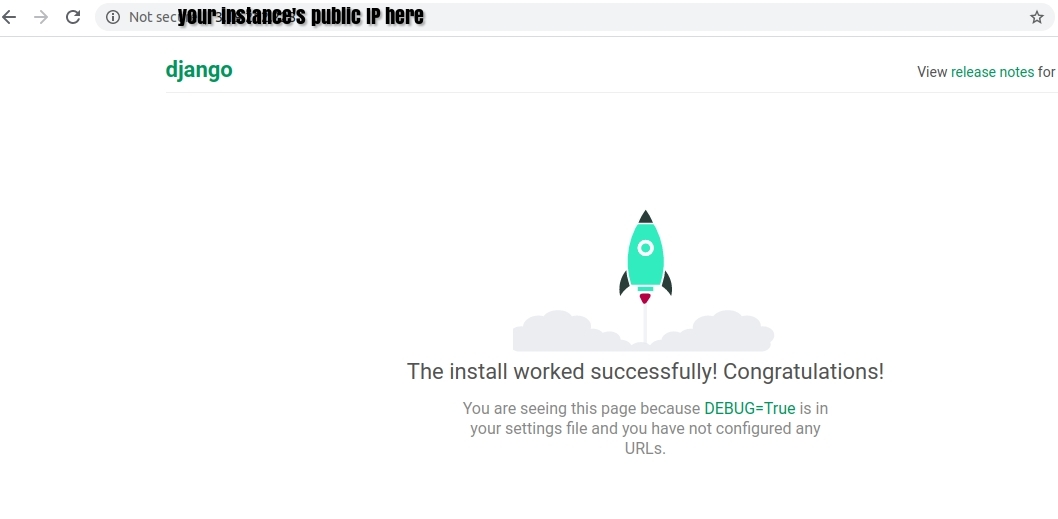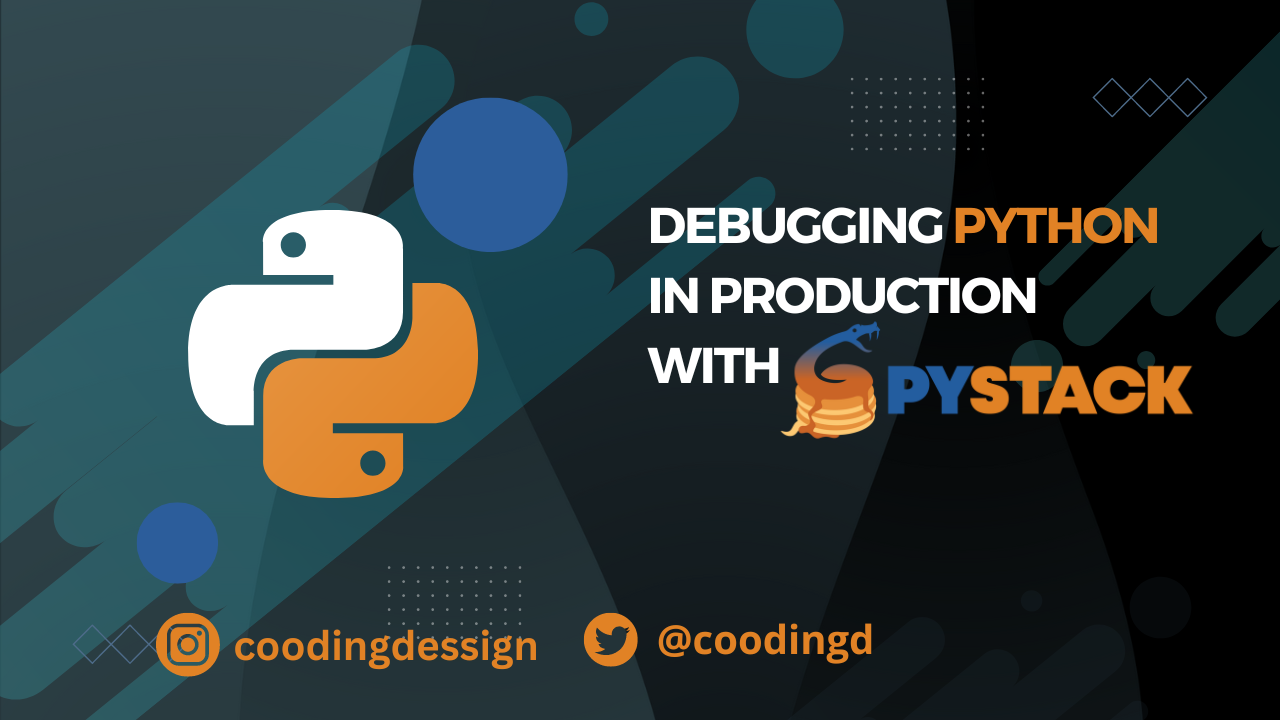This guest post was submitted by Alex Levitov.
Which of these frameworks to use for building web applications — Django or Node.js? It’s a tough decision.
Over 2,000 businesses use Django. Furthermore, the coding language has 59,800 stars on GitHub.
What about Node.js? 7,500 companies use the coding language. Add to it 81,900 stars on GitHub and you’ll realize the popularity of the coding language.
Confused? Don’t be. In the next five minutes, you’ll know which of these coding languages is good for website building. You’ll know:
? The basic features of Django and Node.js
? Benefits of using Django and Node.js
? Drawbacks of using Django and Node.js
? Differences between Django and Node.js
? Popular brands using Django and Node.js
? And which coding language you should choose
Basic features of Django and Node.js
Django
Django is an open-source Python web development framework. The design is based on the traditional model-view-controller (MVC) architecture.
Django helps developers to build a robust backend for web applications. Furthermore, the coding language allows developers to build a full-stack web app at the front end. However, you need to use Django along with HTML/CSS/JavaScript for this purpose.
Simon Willison and Adrian Holovaty planned the coding language.
Node.js
A cross-platform, open-source JavaScript runtime environment, Node.js was designed in 2009. The coding language is based on C, C++, and JavaScript.
Node.js allows developers to write commonly both on the server-side and client-side. The framework is best suited for developing scalable network applications. Node.js is a light resource for web app development, thanks to its event-driven, I/O model.
Ryan Dahl planned Node.js while Joyent was responsible for creating Node.js. Node.js was delivered in 2009.
Benefits of using Django and Node.js
Django
? Django implements high-level processes.
? The in-built template properties allow quick development of the web app.
? The in-built security system offers protection against malware and phishing attacks.
? Django comes with an easy learning curve. Anyone with basic knowledge of the Python language can handle the framework.
? The framework can handle heavy website traffic, a high volume of transactions, and a large amount of data.
Node.js
? Node.js helps in developing web apps that are easy to scale in both horizontal and vertical directions.
? You can use the coding language for both front-end and back-end web development.
? The inherent layout framework offers better execution.
? Node.js is perfect for developing powerful and adaptable web applications.
? Offers a massive global community. Thus, you can find assistance whenever you get stuck on any issue.
? You can use the framework with minimal highlight complications.
Drawbacks of using Django and Node.js
Django
? An extensive framework that needs a lot of code. Thus, if you are building a website with low bandwidth, stay away from Django.
? Only supports single-layered applications.
? Cannot tackle several requests for individual processes at once.
Node.js
? No in-built security system translates to lower levels of security. Thus, the website stays vulnerable to malware and phishing attacks.
? API-application programming interface changes quite a lot. Thus, you need to change the website code as well.
? Non-coordinated programming reduces performance.
Django vs. Node.js — what are the differences?
Framework
? Django offers a high-level Python framework that allows developers to build web applications at high speed and make quick development.
? Node.js offers a JavaScript framework that allows developers to execute code on a private server. The framework is best suited for functions on client-side web applications.
Architecture
? Django works on the model-view-controller (MVC) model.
? Node.js works on an event-driven model.
Security
? Django offers an in-built security system and thus has better security than Node.js.
? Node.js needs a manual operation in the framework to repair security blemishes. Thus, the offered security is lower than in Django.
Complexity
? With Django, you will feel limited to working on a fixed pathway.
? With Node.js, you won’t face such difficulties. You’ll have a free hand in solving any issue.
Performance
? Django offers an in-built template property. The property results in lower Django runtime.
? Node.js never offers in-built template properties. You can enhance the website performance as per your needs. While that offers more freedom, the process affects the development time.
Full-stack development
? Want a full-stack development? Django isn’t the right choice for you.
? Node.js is built on a JavaScript programming language. Furthermore, you can use Node.js for both back-end and front-end development. Thus, the framework is suitable for full-stack web app needs.
Cost efficiency
? Thanks to Django’s quick implementation of the framework, the coding language is cost-efficient.
? Node.js cannot implement the framework as fast as Django. Thus, the coding language is more expensive than Django. However, Node.js is popular for steady growth.
Community
? Django has a smaller community of developers when compared to Node.js.
? Node.js offers a massive community of developers from across the world. Furthermore, the community shares bug acids and regular updates as well.
Flexibility
? Django offers in-built templates. Thus, you cannot customize each aspect of the web application.
? Node.js never offers in-built templates. Furthermore, the framework comes with several features and tools for customization. Thus, you can build a web app from scratch using Node.js.
Popular brands using Django and Node.js
Django
Some of the popular brands using Django are:
? Spotify
? Instagram
? Pinterest
? Mozilla
? Disqus
Node.js
The below-mentioned brands use Node.js:
? Netflix
? GoDaddy
? Uber
? LinkedIn
? PayPal
Which coding language should you choose for web development?
Node.js vs Django — which one is better? The right answer, it depends on what you need.
Want a coding language that can tackle heavy website traffic, a large amount of data, and a volume of transactions? Choose Django. The coding language helps to build a modern web application that can grow in complexity and depth.
If you want a highly customized website that’s utilized on the customer side of web applications, go for Node.js. Furthermore, the coding language can handle a lot of requests as well.







